Worms destroying your indoor flowers and plants? Get rid of them once for all
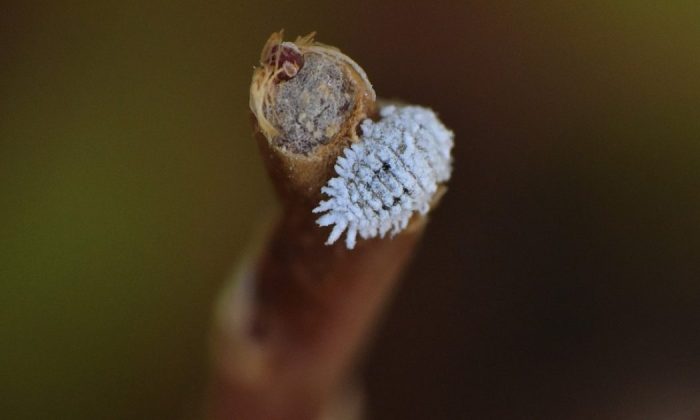
Orthezia urticae and various warms and whiteflies – these are all pests that we classify as worms (there is approximately 150 types of these pests in Eastern Europe), and may be a real problem for plants. Worms feed on plant juices and disrupt natural development of indoor and outdoor plants. The reason why they are a serious problem for houseplants in particular is because they love moisture and heat. They often appear on leaves that you spray with water mist. Add the heat in the interior and you have ideal conditions for reproduction of various worms and pests. If you see these little creatures on your plants, you need to take action as soon as possible.
Occurrence
Worms are most often found in spring and summer, both on indoor and outdoor plants, especially on leaves exposed to moisture and higher temperatures. If you spotted them in your greenhouse or indoors, you can help by providing sufficient ventilation. Most often they are hiding on the underside of leaves or on young shoots. Females lay eggs on plants. Some worms secrete a sweet discharge that attracts fungi and ants and by doing so they create even more problems.
Photo: Pixabay
African black soap and vinegar
One option to fight these pests is to use the so-called African black soap (also known as a black soap only). It is a natural product that is suitable for all skin types and it is used to deal with certain skin diseasesbut it may also be used to fight worms. Mix a teaspoon of liquid black soap, a teaspoon of vinegar and about 250 ml of water. Spray the mixture s on affected areas twice a day: morning and evening (not during the afternoon as a strong direct sunlight may burn leaves). Continue with this treatment until you get rid of all pests.
Marseille soap
This soap is also great for sensitive skin, but it also kills worms. Mix half a litre of rainwater, a spoonful of liquid Marseille soap and a spoonful of liquid black soap. Mix everything thoroughly and add 2 spoons of seventy percent alcohol (140 proof). Use a brush and apply directly to pests – but try to avoid the plant. Pests will dry up and die. You can also use 50 g of Marseille soap shavings and 350ml of hot water. Let the soap dissolve in the water, dip a sponge in it and apply on affected leaves.
Source: https://www.santeplusmag.com/lastuce-de-genie-pour-eliminer-la-cochenille-qui-ravage-vos-plantes-jardin-et-potager-000001295/
Preview photo: Pixabay

Gardening is my hobby, I have a lot of experience and I am happy to share it.
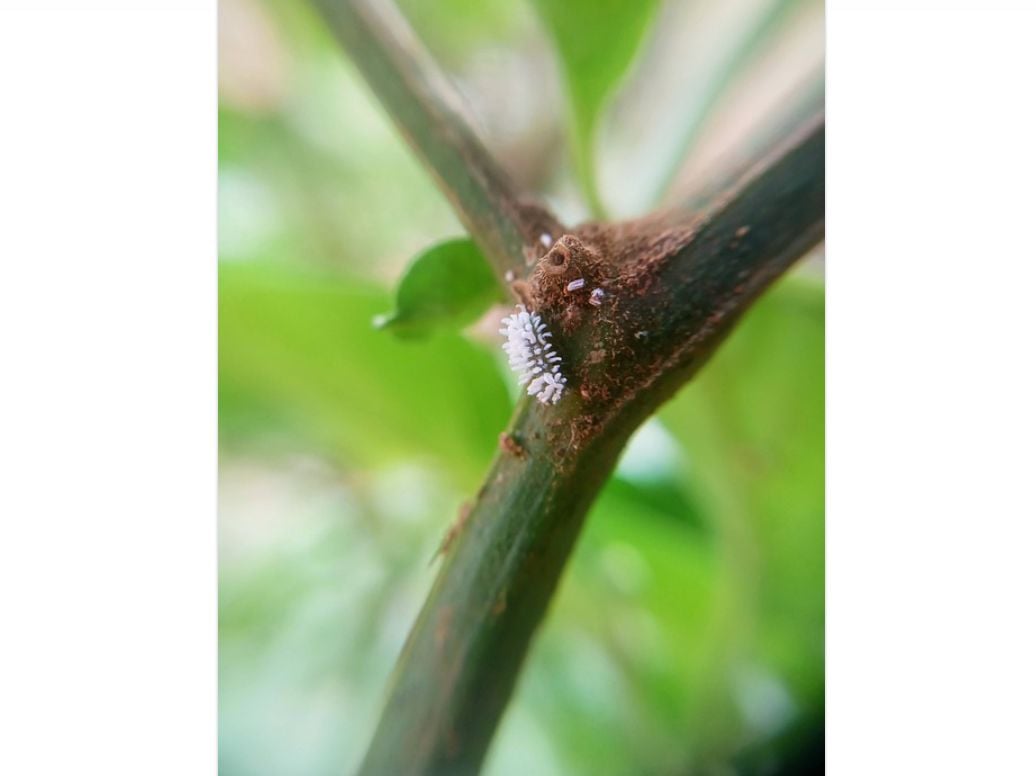


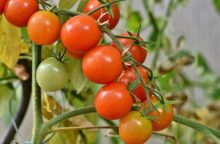
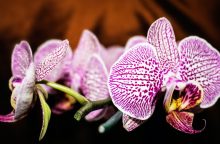
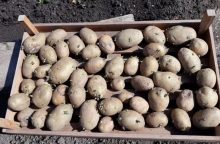
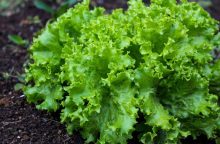
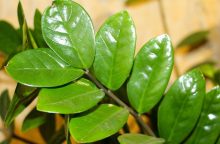
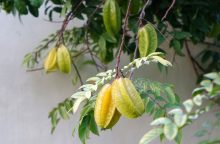
0 comments